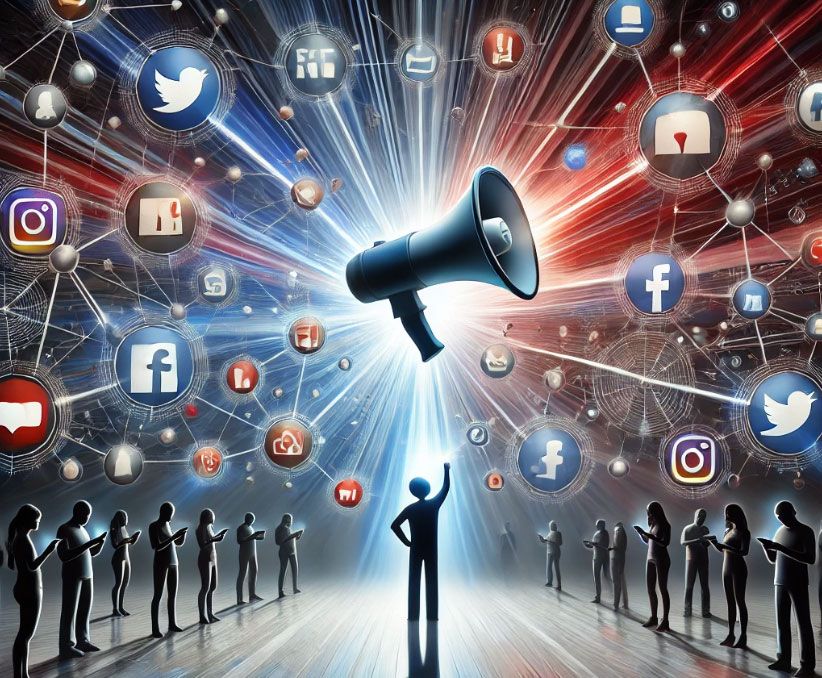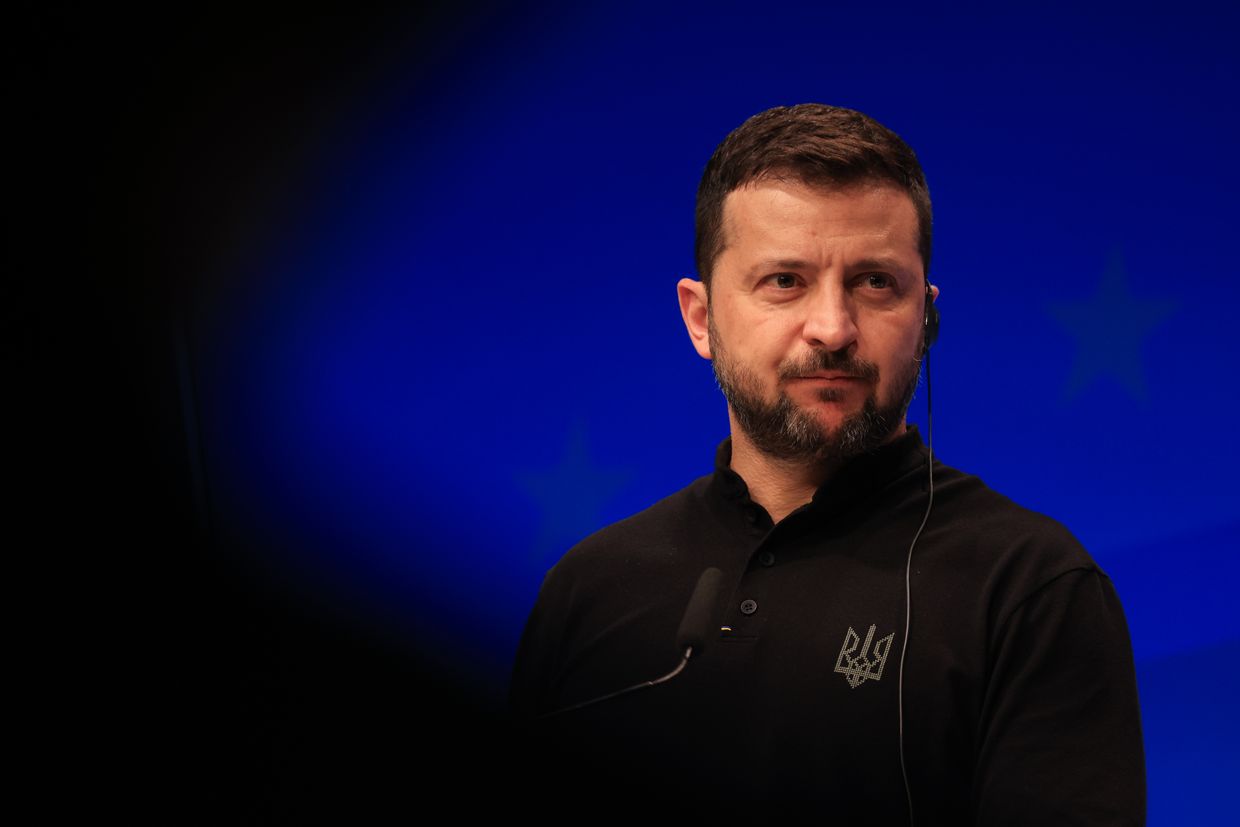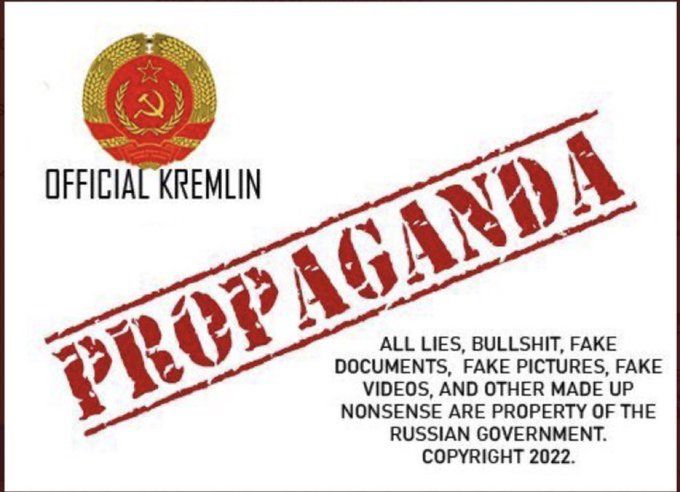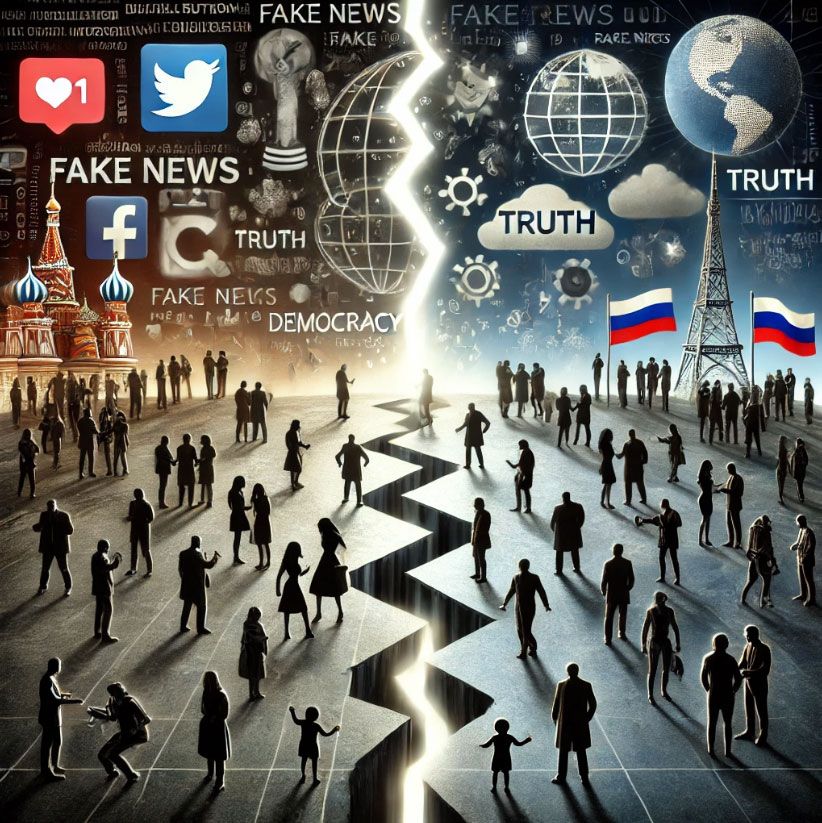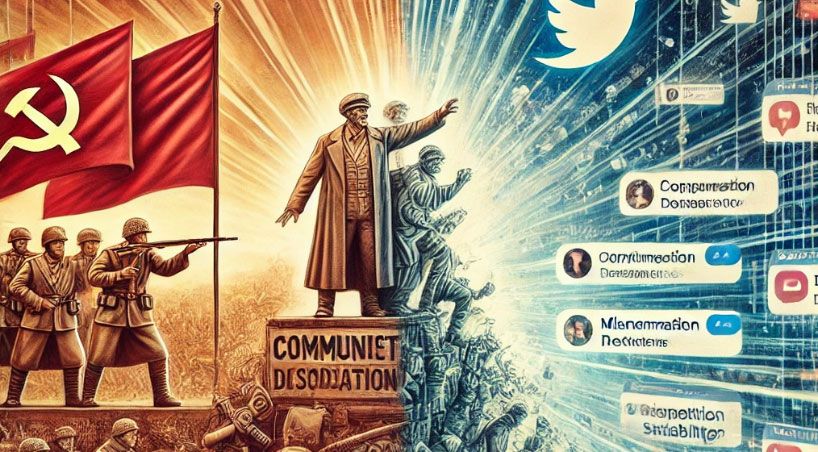The Power of Influence
People driven by a desire for power often act as “brokers” of information, reshaping narratives and amplifying their reach. This isn’t limited to political elites or influencers; even everyday social media users with strong power motives can disproportionately shape online discussions.
Here’s what the research uncovered:
- More Sharing, More Influence: Power-driven individuals share more content—whether real or fake—compared to others. Sharing helps them feel more influential, reinforcing their sense of control over online spaces.
- Citation: Guinote, A., Kossowska, M., Jago, M., Idenekpoma, S., & Biddlestone, M. (2024). "Why do people share (mis)information? Power motives in social media." Computers in Human Behavior. https://doi.org/10.1016/j.chb.2024.108453
- A Preference for Misinformation: While most people share real news more frequently than fake news, power-motivated individuals are more likely to share misinformation. For them, the accuracy of the content matters less than the potential impact it can have.
- Reference: Chadwick, A., & Vaccari, C. (2019). "News sharing on UK social media: Misinformation, disinformation, and correction." Loughborough University Repository. https://repository.lboro.ac.uk
- Awareness of Misinformation: Interestingly, those with power motives are often aware that they’ve shared false or misleading content in the past. Yet, they continue to do so because it bolsters their visibility and influence.
- Supporting Study: Kim, K.-H., & Guinote, A. (2022). "Cheating at the top: Trait dominance explains dishonesty more consistently than social power." Personality and Social Psychology Bulletin.
- Dominance Over Truth: Power-seekers may bend moral rules, prioritizing their goals of influence over the accuracy of the information they spread. This aligns with broader patterns of behavior where dominant individuals use any means necessary to achieve their objectives.
- Further Reading: Pennycook, G., & Rand, D.G. (2019). "Lazy, not biased: Susceptibility to partisan fake news is better explained by lack of reasoning than by motivated reasoning." Cognition. https://doi.org/10.1016/j.cognition.2018.06.011
How Social Media Fuels Power Dynamics
Social media platforms are designed to reward engagement, often amplifying polarizing or sensational content. For power-motivated users, this creates an ideal environment to assert dominance and grow their networks. By sharing viral posts—whether true or not—they gain followers and become central figures in online communities.
Platforms like X and Facebook amplify content through algorithms designed to prioritize engagement over accuracy, aiding the spread of misinformation.
Reference: Shin, J., Jian, L., Driscoll, K., & Bar, F. (2018). "The diffusion of misinformation on social media: Temporal pattern, message, and source." Computers in Human Behavior. https://doi.org/10.1016/j.chb.2017.10.053
The study also highlighted that actual power (e.g., holding a leadership position) doesn’t necessarily drive the spread of misinformation. Instead, the motivation to gain or maintain power is the key factor.
Why It Matters
Misinformation isn’t just an abstract issue; it has tangible and far-reaching consequences:
- Shaping Public Opinion: False narratives can influence public understanding of critical issues, from health crises to elections, steering societies away from evidence-based decision-making.
- Example: During the COVID-19 pandemic, misinformation about vaccines led to widespread hesitancy, exacerbating public health challenges (World Health Organization).
- Polarizing Communities: By exploiting divisions, misinformation deepens societal rifts, making consensus and cooperation increasingly difficult. Research: Shin et al. (2018) highlighted how misinformation often targets contentious topics to heighten polarization.
- Eroding Trust in Institutions: Repeated exposure to misinformation undermines trust in media, governments, and science, weakening democratic institutions. Supporting Study: Valenzuela, S., Halpern, D., Katz, J.E., & Miranda, J.P. (2019). "The paradox of participation versus misinformation: Social media, political engagement, and the spread of misinformation." Digital Journalism.
- Moral Disengagement: Power-motivated individuals often justify their actions by focusing on the ends rather than the means, a tendency that leads to the unchecked spread of false content.
The stakes are high. As misinformation proliferates, it threatens not just individual perceptions but also the collective ability to address shared challenges effectively. Understanding the role of power motives is a crucial step toward mitigating its spread.
To counteract these effects, systemic changes are needed, including regulatory reforms, platform accountability, and widespread education about media literacy.
What You Can Do
As a social media user, you have more influence than you might think.
Here are some practical steps to combat misinformation:
- Pause Before Sharing: A moment of reflection can prevent the spread of harmful or false content. If a post evokes a strong emotional reaction, it’s a cue to fact-check.
- Verify Sources: Look for information from reputable outlets with a track record of accuracy. Be wary of posts that lack citations or rely on anonymous claims. Tools: Fact-checking websites like Snopes or PolitiFact can help.
- Amplify Credible Voices: Share content from trusted experts and organizations to help elevate reliable information in your networks.
- Challenge Misinformation: Politely point out inaccuracies when you encounter them, providing evidence where possible. Constructive dialogue can make a difference. Guidance: Refer to First Draft News for tips on debunking false claims effectively.
- Educate Yourself and Others: Stay informed about how misinformation spreads and share tips with friends and family to help them navigate the digital landscape more critically.
Conclusion
Understanding the motivations behind why people share misinformation, particularly the role of power dynamics, provides valuable insights into one of the most pressing issues in the digital age.
The research sheds light on how power-driven individuals use social media as a tool for influence, often at the expense of truth and accuracy.
While these behaviors can amplify the reach of false narratives, they also underscore the need for greater accountability—both on the part of platforms and users.
Misinformation is not inevitable. By recognizing the role that power motives play in its spread, we can begin to implement targeted solutions that address the root causes. Whether through enhanced media literacy, stricter regulations, or improved algorithms that prioritize accuracy over engagement, there are ways to counteract its impact.
Ultimately, combating misinformation requires a collective effort, where individuals, organizations, and policymakers work together to preserve the integrity of information and build a more informed and resilient society.
For further details, explore the original research: Guinote, A., et al. (2024). "Why do people share (mis)information? Power motives in social media." Computers in Human Behavior.https://doi.org/10.1016/j.chb.2024.108453
Support our efforts:
Get a two bucks membership here: https://buymeacoffee.com/nafoforum
Support our on-going fundraiser here: https://www.gofundme.com/f/support-disinformation-education-public-education-forum
We have a Patreon - still in construction - here: https://www.patreon.com/c/PublicEducationForum
When all else fails - get a shirt here: https://www.bonfire.com/store/nafo-forum-shop/


